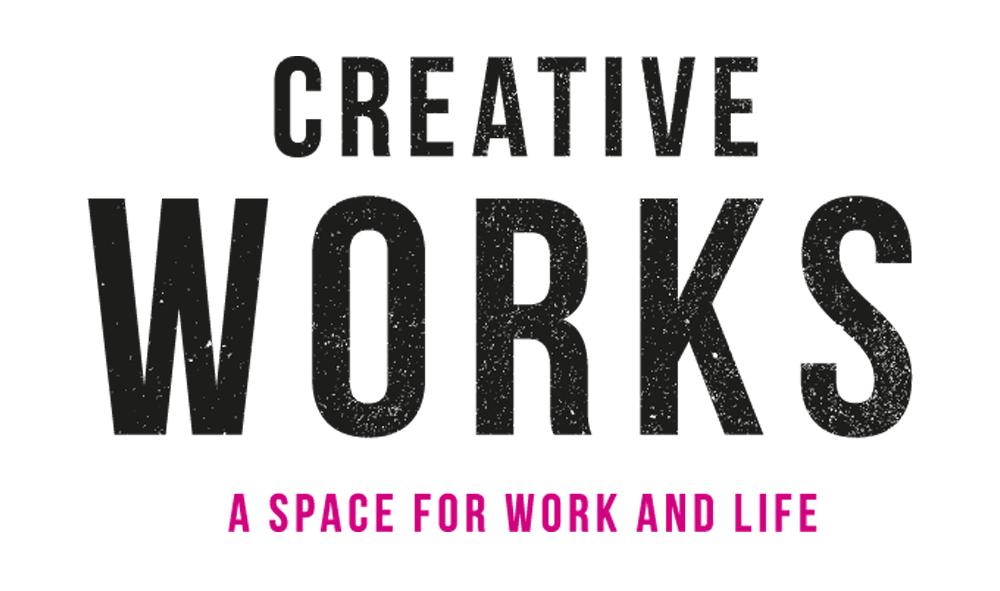
December—two weeks of festive cheer, but also when freelancers and small businesses face a familiar challenge: unpaid invoices.
Many clients hit pause, claiming the holiday season is “slow” as a reason to delay payments.
But let’s be clear—December’s slow period only lasts about two weeks. The rest of the month is business as usual.
This isn’t just frustrating; it’s a widespread issue that can jeopardise a freelancer’s financial stability.
The Scale of the Problem
If you think it’s just you, think again:
- 43% of UK freelancers and small businesses experience late payments annually, with many clients using December’s quiet period as an excuse to skip payments. (Acountex) (Your Money)
- On average, late payments take 2.5 weeks beyond the due date; if they get resolved at all, half of the UK’s freelancers have not been paid for work.
- Over 55% of freelancers have faced unpaid invoices at some point, and many continue working for clients who consistently pay late.
The Cost of Delaying Payments
When businesses choose to pause payments in December, they send a message: “We don’t value this relationship enough.”
This ripple effect:
- Loss of Trust: High trust speeds up work and strengthens partnerships. Low trust? It slows down projects, increases costs, and harms relationships.
- Cash Flow Strain: Freelancers depend on steady income to manage their expenses.
- Disrupting their cash flow during December, when costs typically rise, undermines the trust and goodwill freelancers have built up over time.
- It also impacts the business’s ability to start the new year strong, as freelancers may deprioritise their projects if payments are Inconsistent.
Why Coworking Spaces Help
There’s no single solution to the December payment issue, but being part of a coworking community offers freelancers crucial advantages:
- Shared Knowledge: Freelancers in coworking spaces benefit from insights about which clients are reliable and who to avoid.
- A study by Deskmag found that 64% of freelancers reported that networking in coworking spaces was a critical source of business referrals and client acquisition.
- Collective Support: Being surrounded by others who’ve faced similar challenges provides a built-in support system.
- You gain access to strategies for negotiating payment terms, managing contracts, and finding legal assistance—all from professionals who’ve been there.
- Local Opportunities: Coworking spaces are fertile ground for new work.
- According to Deskmag, 82% of freelancers said that being in a coworking environment expanded their professional network, leading directly to new projects.
- Other resources, like Freelancers Union and our friends at Freelance Business, back up these findings, showing that proximity and community often translate into real business growth.
While coworking spaces aren’t the only solution, they create an environment where freelancers and consultants can thrive by leveraging the power of proximity and community.
Whether you choose a coworking space or another community, connecting with others can be vital to maintaining strong client relationships and standing firm against unfair practices.
The Spirit of Collaboration
For businesses, honouring payment terms isn’t just about avoiding conflict but building long-term relationships.
Freelancers and small businesses are the backbone of the economy, and treating them with respect and consistency helps everyone start the new year on the right foot.
By maintaining consistent payments—even during quieter periods—businesses show they value trust and collaboration, which ultimately keeps the whole ecosystem moving.
Building strong networks and communities that can offer support and advice when navigating payment issues is vital for freelancers.
The more connected and informed you are, the stronger your position becomes, and being in a coworking community is one of the best places to do this.




